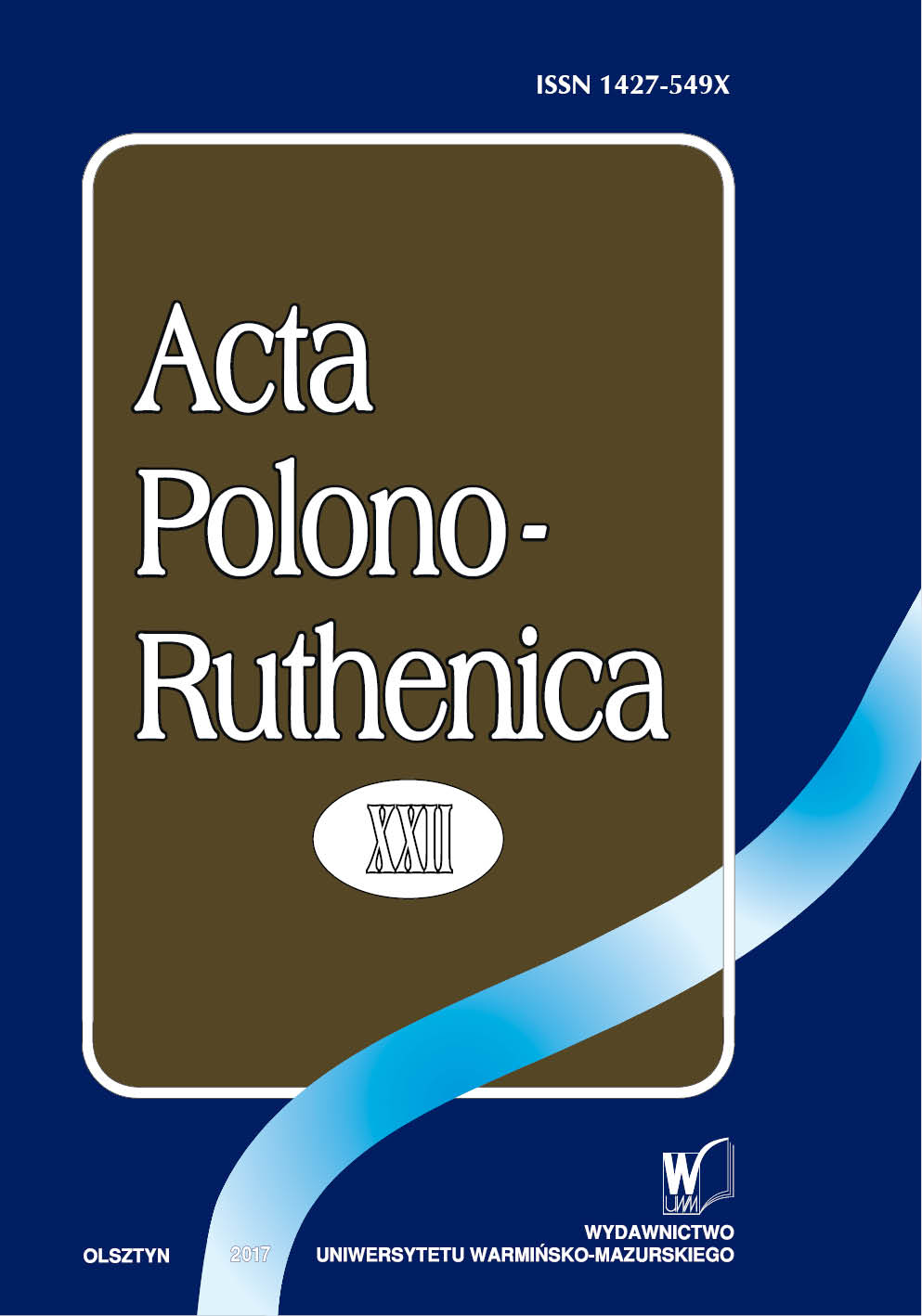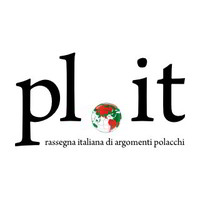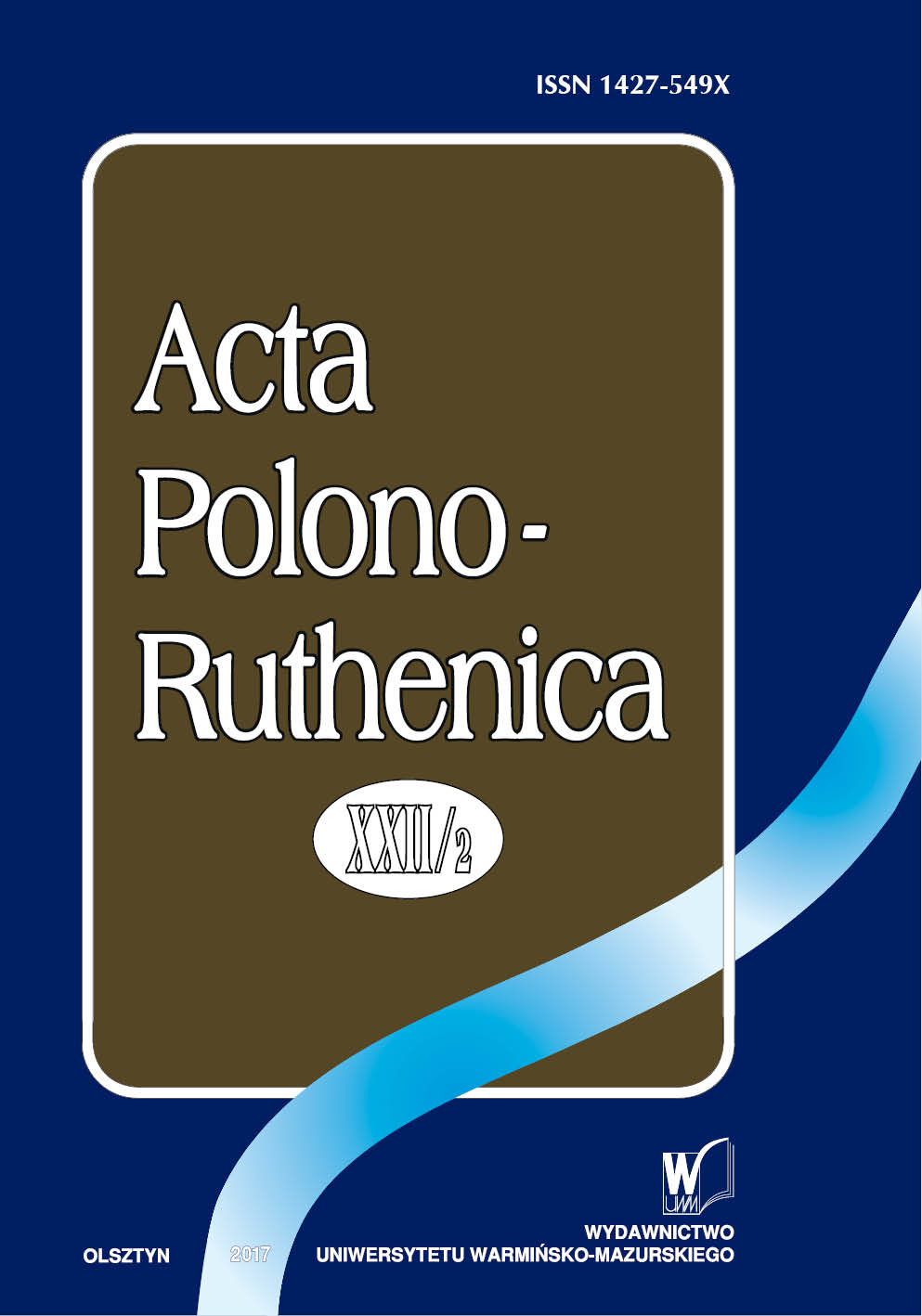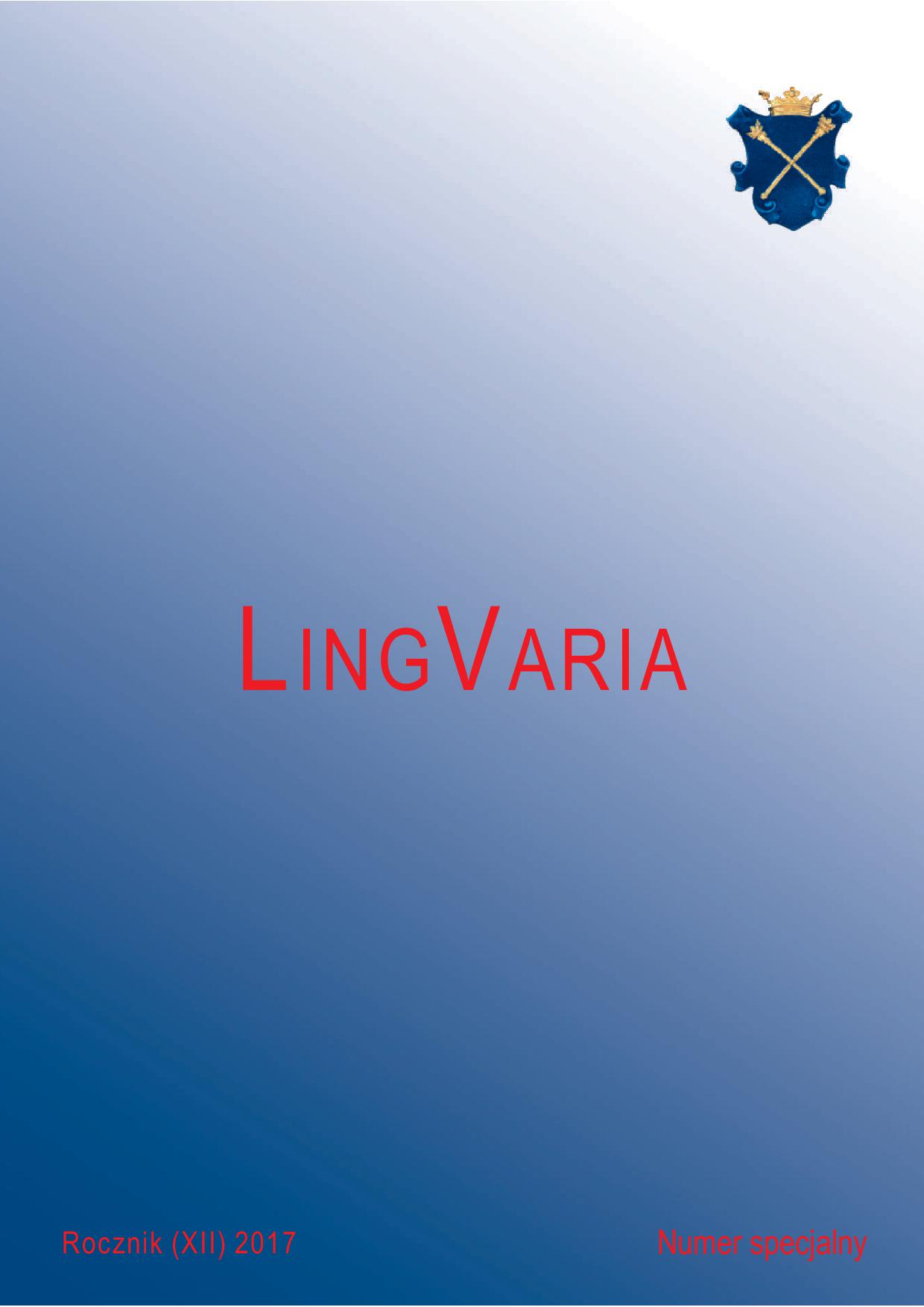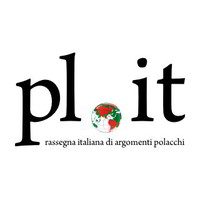
„Na skrzyżowaniu dwóch wrogich epok stoję, cynicznie gryząc papieros”. O tekstowych projekcjach twórczości futurystów w relacji do ich postaci multimedialnych na przykładzie Marsza Bruno Jasieńskiego
The article focuses on the media transformation of literary works. B. Jasieński’s futurist poem Marsz, published in the interwar period in printed form, recently underwent a multimedia adaptation. The author analyzes the mutations the literary text underwent in interpretation and significance when expressed in the new creative forms of contemporary multimedia “language”. The analysis of the formal structure and of several, sometimes small semantic elements, shows the different way of understanding the poem as expressed through new multimedia means. The futurist poem Marsz has been read as an ironical poem, totally contradicting its original literal meaning. The second part of the article examines a digital version of the poem, which again changes its original meaning. At this moment in time, the relationship between the textuality and virtuality of poetry (and literature in general) constitutes the main space where art “happens” and manifests itself. Thus, the discussion over the digital version of Jasieński’s poem leads to some general considerations about contemporary theory of image and its anthropological expressions.
More...
